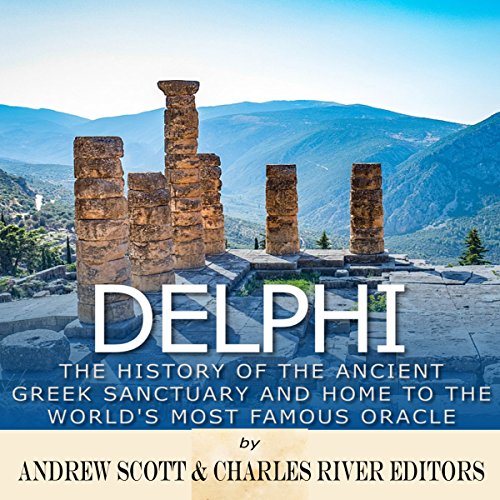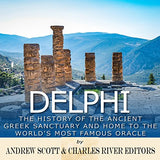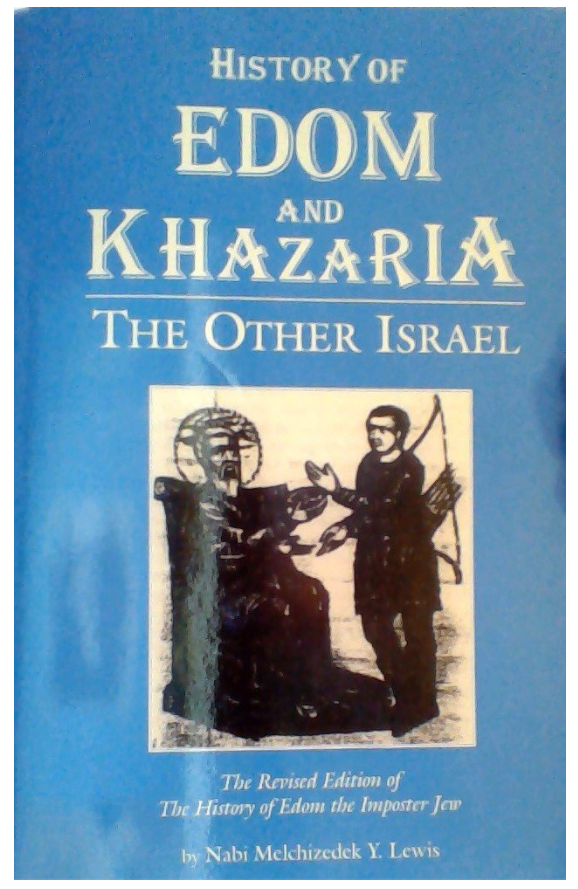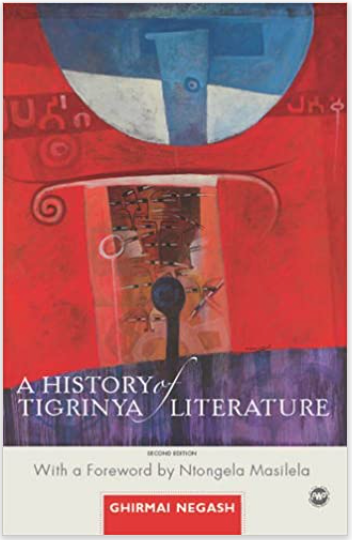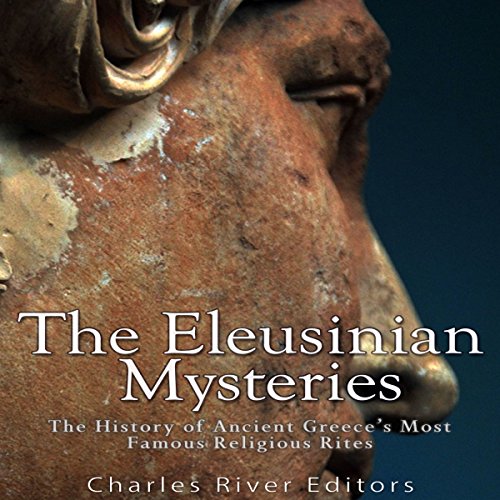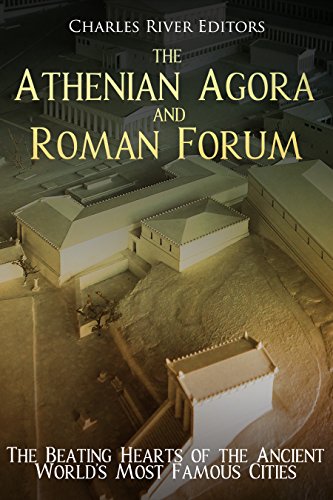Delphi: The History of the Ancient Greek Sanctuary and Home to the World's Most Famous Oracle
ISBN: 9781546840503
*Includes pictures
*Includes ancient accounts of Delphi
*Includes a bibliography and online resources for further reading
“[T]he seat of the oracle is a cavern hollowed down in the depths…from which arises pneuma [breath, vapor, gas] that inspires a divine state of possession.” – Strabo, Geography 9.3.5
The ancient Greeks used a number of forms of divination to determine the future and seek advice from the gods as to which actions they should take in any given situation. The most popular of these ways to consult the Gods was through a visit to an oracle—usually a person—at a fixed shrine. The oldest of these Greek sites was at Dodona in Epirus, and while it continued to be a major oracle for the Greek world through antiquity, it was quickly overtaken by the oracle at Delphi as the most consulted by kings, politicians, and ordinary Greeks alike.
Whereas the oracle at Dodona was of Zeus, that at Delphi was of Apollo. Over the years, the Delphic Oracle—located, it was believed, at the omphalos, the belly button of the world—came to such a position of preeminence that almost every major decision taken by any Greek polei in the Classical period involved a consultation with the god Apollo to ascertain whether the proposed action would be sanctioned by the gods. The format of the question was normally that of seeking approval for a proposition already decided upon, rather than an attempt to illicit instruction per se.
*Includes ancient accounts of Delphi
*Includes a bibliography and online resources for further reading
“[T]he seat of the oracle is a cavern hollowed down in the depths…from which arises pneuma [breath, vapor, gas] that inspires a divine state of possession.” – Strabo, Geography 9.3.5
The ancient Greeks used a number of forms of divination to determine the future and seek advice from the gods as to which actions they should take in any given situation. The most popular of these ways to consult the Gods was through a visit to an oracle—usually a person—at a fixed shrine. The oldest of these Greek sites was at Dodona in Epirus, and while it continued to be a major oracle for the Greek world through antiquity, it was quickly overtaken by the oracle at Delphi as the most consulted by kings, politicians, and ordinary Greeks alike.
Whereas the oracle at Dodona was of Zeus, that at Delphi was of Apollo. Over the years, the Delphic Oracle—located, it was believed, at the omphalos, the belly button of the world—came to such a position of preeminence that almost every major decision taken by any Greek polei in the Classical period involved a consultation with the god Apollo to ascertain whether the proposed action would be sanctioned by the gods. The format of the question was normally that of seeking approval for a proposition already decided upon, rather than an attempt to illicit instruction per se.




